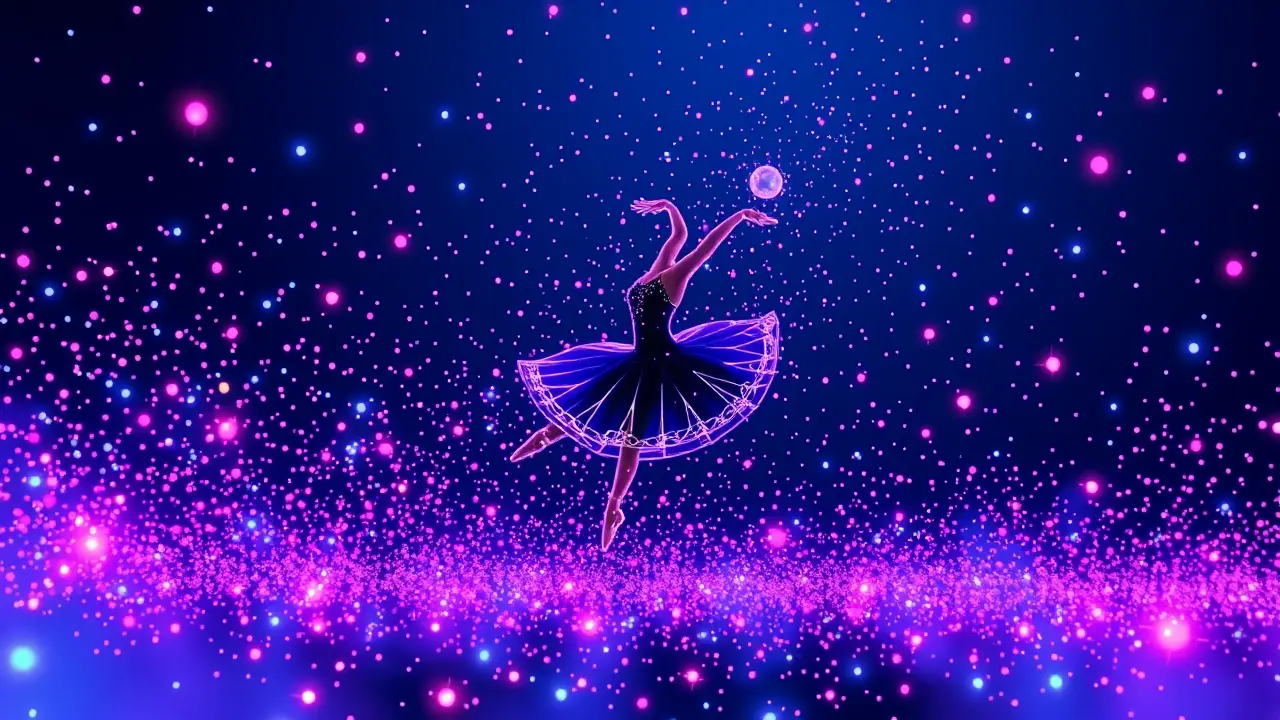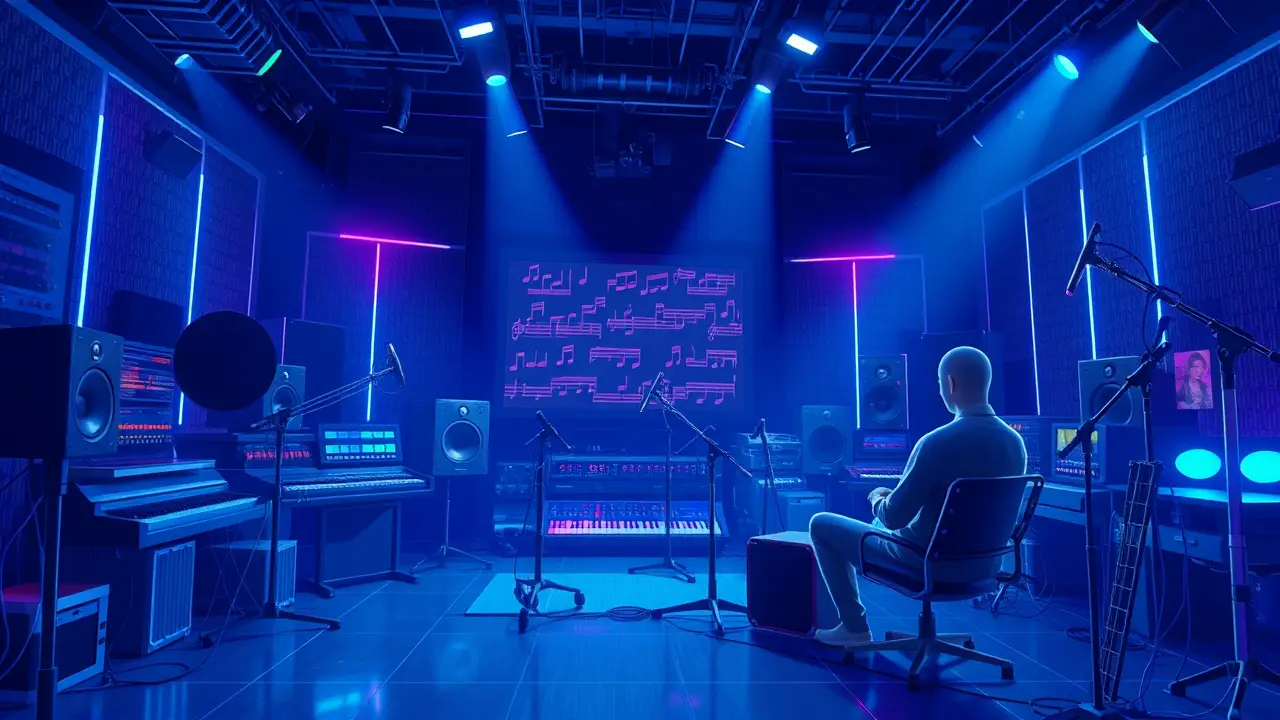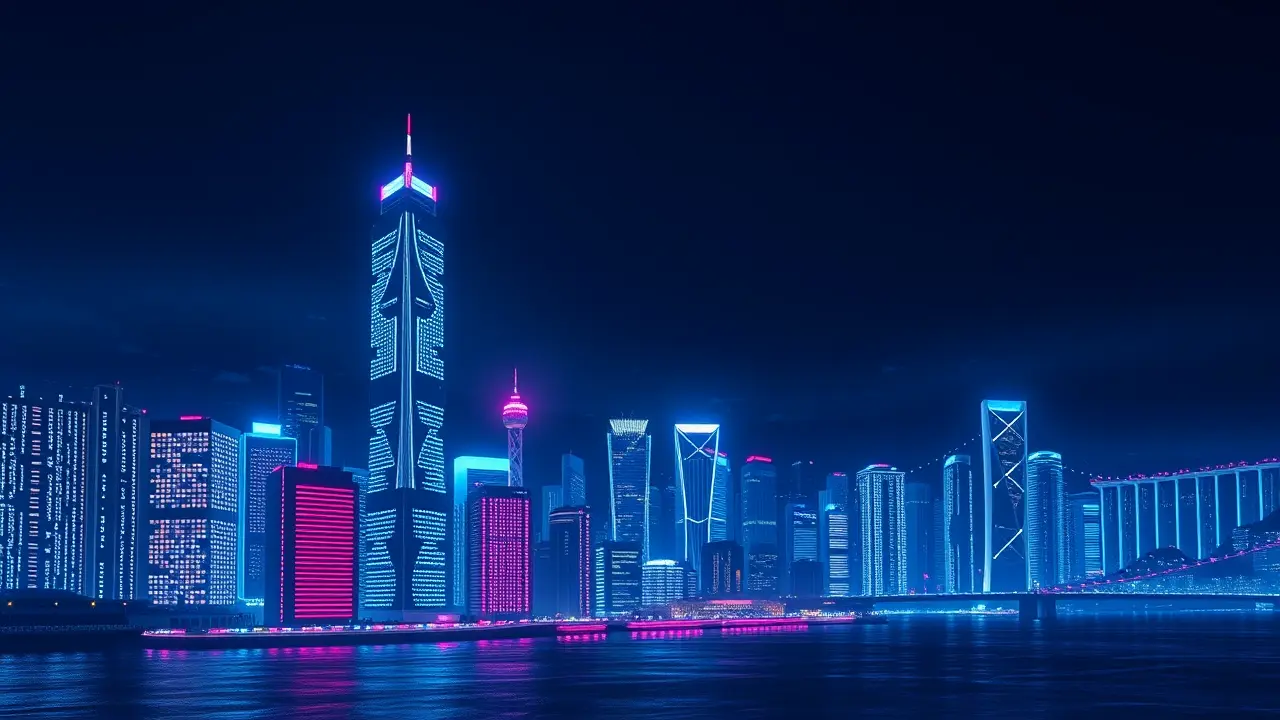
AIgenerative aiText Generation
Meta Launches AI-Generated Short-Form Video Feed in Europe
SO
Sophia King
2 hours ago7 min read1 comments
The digital canvas of Europe just got a significant new brushstroke as Meta unfurls its AI-generated short-form video feed, a move that isn't just a feature launch but a fundamental shift in how content is conceived and consumed. Since the introduction of 'Vibes,' the company reports a staggering more-than-tenfold explosion in media generation within its Meta AI application, a statistic that speaks less to a simple uptick in usage and more to the opening of a creative floodgate.This isn't merely an algorithm tweak; it's the mainstreaming of the creator-as-collaborator model, where users provide the prompt and the AI provides the palette, generating dynamic, short-form videos from simple text descriptions. Imagine a Parisian fashion student typing 'a ballet dancer in a storm of neon confetti' and watching a 15-second clip materialize, or a Berlin musician conceptualizing a music video for a demo track without ever lifting a camera.This is the promise—a democratization of video production that bypasses the traditional barriers of equipment, skill, and time. For a UX designer like myself, who lives in the space where tools like Midjourney and Figma plugins empower creatives, this feels like the logical, yet revolutionary, next step: moving from static AI art to kinetic, narrative AI video.The implications ripple far beyond convenience. We're looking at a complete recalibration of the creative economy.Independent artists and small brands, often sidelined by the high costs of video production, can now generate compelling visual content at scale, potentially levelling the playing field against corporate giants. The feed itself becomes a living, breathing gallery of collective imagination, a tapestry woven from millions of individual prompts, each video a unique expression filtered through the AI's interpretive lens.Yet, for all its vibrant potential, the canvas has its shadows. The same technology that empowers the artist also empowers the propagandist; the ability to generate convincing video so easily raises profound questions about misinformation and the erosion of trust in visual media.Furthermore, what becomes of the human videographer, the editor, the color grader? This surge in AI-generated media inevitably nudges us toward a philosophical cliffedge, forcing us to debate the very nature of artistry and authorship. Is the person who crafts the perfect prompt the auteur, or is it the AI, a complex tool trained on the work of millions of uncredited human artists? Meta's rollout in Europe, a region with the world's most stringent digital regulations like the AI Act and the Digital Services Act, is a fascinating test case.It’s a high-wire act, launching a powerful generative AI product into a market that is actively building legal guardrails around it. The tenfold growth in media generation is a powerful metric, but the next ones to watch will be engagement time, creator monetization models, and, crucially, regulatory scrutiny. This isn't just another social media feature; it's the first bold stroke in a new chapter of digital expression, a future where our ideas don't just stay in our minds but dance immediately onto the screen, for better and for worse.
#Meta
#Vibes
#Meta AI
#short-form video
#AI slop
#generative AI
#user engagement
#featured
Stay Informed. Act Smarter.
Get weekly highlights, major headlines, and expert insights — then put your knowledge to work in our live prediction markets.
Related News
© 2025 Outpoll Service LTD. All rights reserved.




